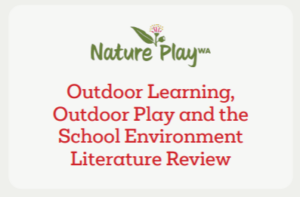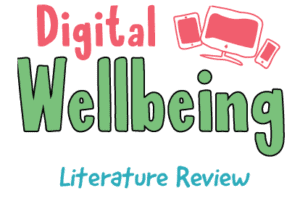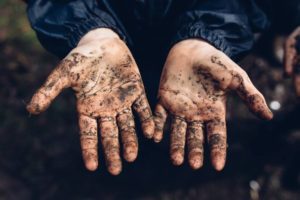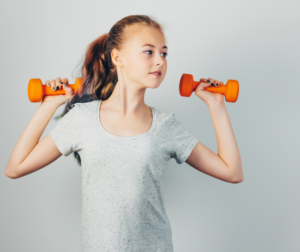Research into the importance of nature play, learning outdoors, risk-taking and children's mental and physical health and wellbeing forms the basis for the work we do.
Here you'll find the latest scientific research that shows the benefits of nature play for our children!
Use the Search function, or click on a keyword in Resource Categories to find research about a particular subject.
Nature Play WA's Research
Nature Play WA undertook a comprehensive literature review for the Education Department of WA that considers three critical elements to improving student experience and learning in school settings: outdoor learning, outdoor play and the school environment.
Nature Play WA, in conjunction with researchers from the Telethon Kids Institute, has created a ‘what you need to know’ guide for parents on the impacts of excessive screen time, highlighting new and relevant research in a clear and easy-to-understand manner.
This report, written to support Australia’s Outdoor Classroom Day, sets out not only a snapshot report on how much more playtime Australian children are getting compared to everyone else, but also an overview of why outdoor learning and play is so very important.
Curated Research
The purpose of this research was to investigate the effect of a six-month teacher-led osteogenic physical activity program, vs. a self-led activity program, on ultrasound measurements of bone in inactive teenage girls.
Read MoreThere is a growing awareness of the complex and largely negative attitudes many girls in the UK hold towards physical activity in general and Physical Education (PE) in particular. This research in the UK involves a qualitative study of six Year 9 girls’ experiences and motivations in PE.
Read More




